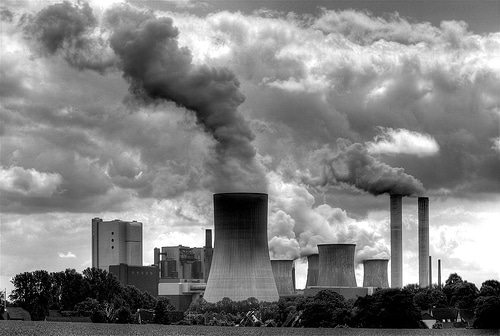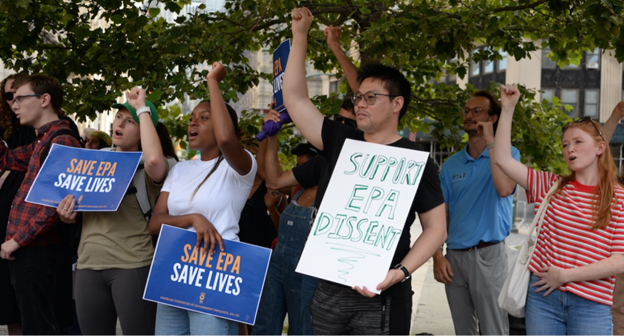Revoking EPA’s Endangerment Finding Isn’t Simple
Most of the United States’ major climate regulations are underpinned by one important document: It’s called the endangerment finding, and it concludes that greenhouse gas emissions are a threat to human health and welfare.
The Trump administration is trying to eliminate it.
Environmental Protection Agency Administrator Lee Zeldin announced on July 29, that the EPA would soon publish a proposed rule to rescind the endangerment finding and allow 45 days for public comment.
A draft released by the EPA of the proposal argues that the agency didn’t have the authority to issue the endangerment finding in 2009 or regulations based on it.















